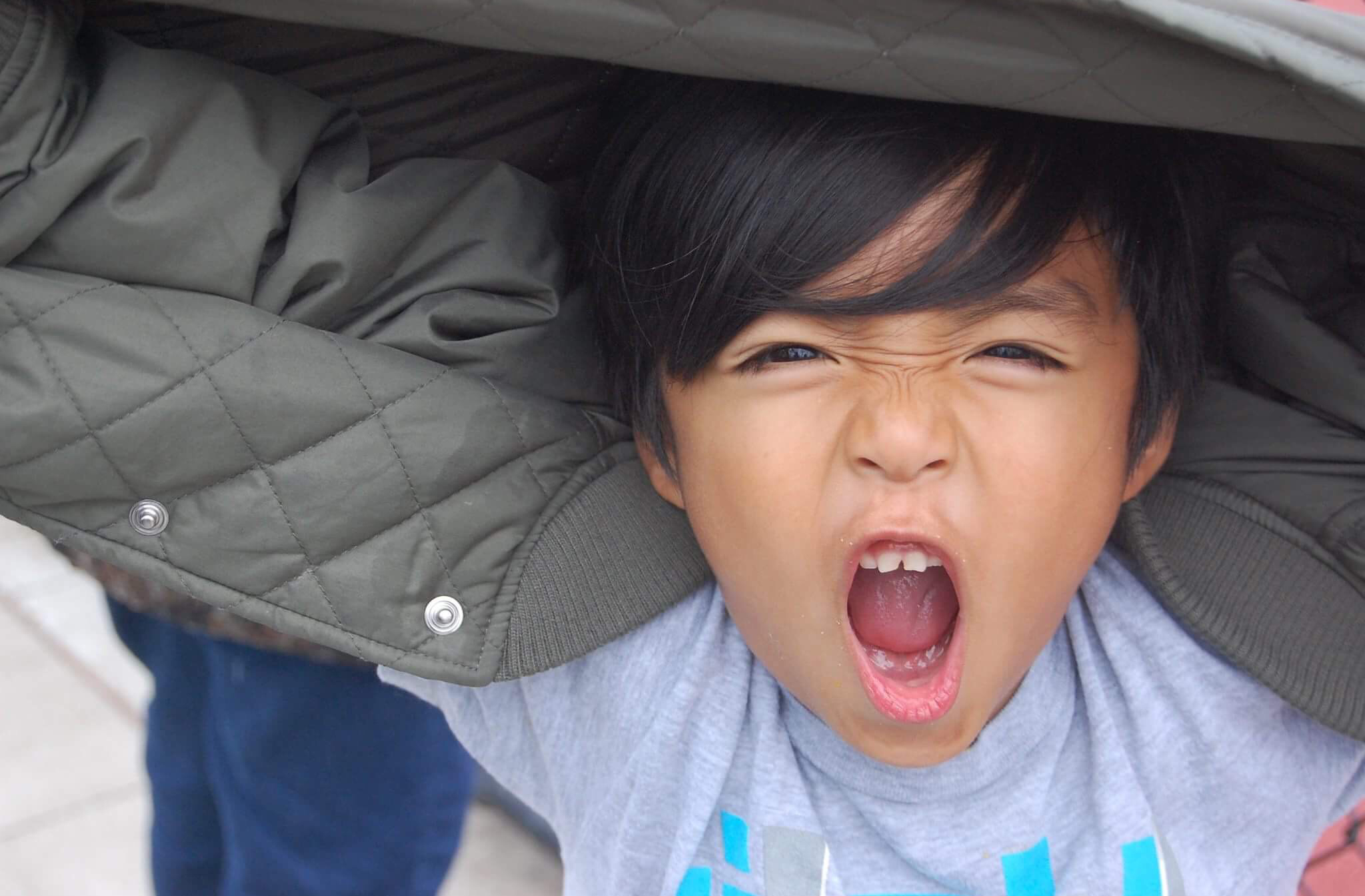(excerpted from Dr. Thomas Gordon’s booklet, “What Every Parent Should Know”)
David, a very curious and active three-year-old, empties everything out of his mother’s desk and is drawing on her file folders with Crayola markers. Discovering this mess, his mother angrily pops David on the rear. David, of course, cries and looks bewildered.
When David’s father gets home, he is greeted with the mother’s report, “Our darling son certainly misbehaved today.” Predictably, her husband asks, “What did he do?” His question is quite understandable because the message “David misbehaved” communicates nothing about what David actually did, only that his mother made an evaluation of David himself—he was a “misbehaving” child. 
If parents only knew how much trouble this concept causes in families. Thinking in terms of children misbehaving not only spells trouble for kids, obviously, but it also brings on unnecessary problems for parents.
Why is this so? What is wrong with thinking and saying that your child misbehaves? Every parent does. Yes, and their parents before them. In fact, the origin of the concept of child misbehavior goes back so far in history that it is doubtful if anyone actually knows when it started or why. It is such a commonly employed term that its use in families has seldom been challenged.
Strangely enough, the term is almost exclusively applied to children seldom to adults, friends, or spouses. How often have you overheard anyone say:
“My husband misbehaved yesterday.”
“I got so angry when my friend misbehaved during lunch.”
“My employees have been misbehaving.”
“Our guests misbehaved at our party last night.”
Apparently, then, only children are seen as misbehaving—no one else. Misbehavior is parent language, tied up somehow with the way parents traditionally have viewed their offspring. Parents say that children misbehave when their actions (or their behaviors) are contrary to what parents think they ought to be. More accurately, misbehavior is behavior that produces some sort of bad consequence for the parent.
Misbehavior = behavior bad for the parent.
On the other hand, when a child engages in behavior that does not bring bad consequences for the parent, that child is described as “behaving.”
“Debbie behaved herself today.”
“Michael was well behaved at the store.”
“We try to teach our children to behave.”
Parents would be more effective, and life at home more pleasant for everyone, if they would begin thinking about children’s behavior in a different way. First, try to remember that all of children’s actions are behaviors. Each thing they do or say is a specific behavior. Viewed in this way, all day long a child is behaving. And for the very same reason all other creatures engage in behaviors—they are trying to get their needs met.
An infant cries because he is hungry or cold or in pain. Something is wrong; his organism needs something. Crying behavior is the infant’s way of saying “Help.” Such behavior, in fact, should be viewed as quite appropriate (“good”), for the crying is apt to bring the child the help that is needed. When seen as an organism behaving rather appropriately to get a need met, the child certainly cannot be evaluated as misbehaving!
Similarly, when three-year-old David was exploring and removing the contents of the desk, that behavior, seen as a manifestation of his need to see new shapes and sizes, handle objects or draw, would not have been labeled by his mother as misbehaving.
Want to read the rest of the booklet? Click here to download the free PDF.

